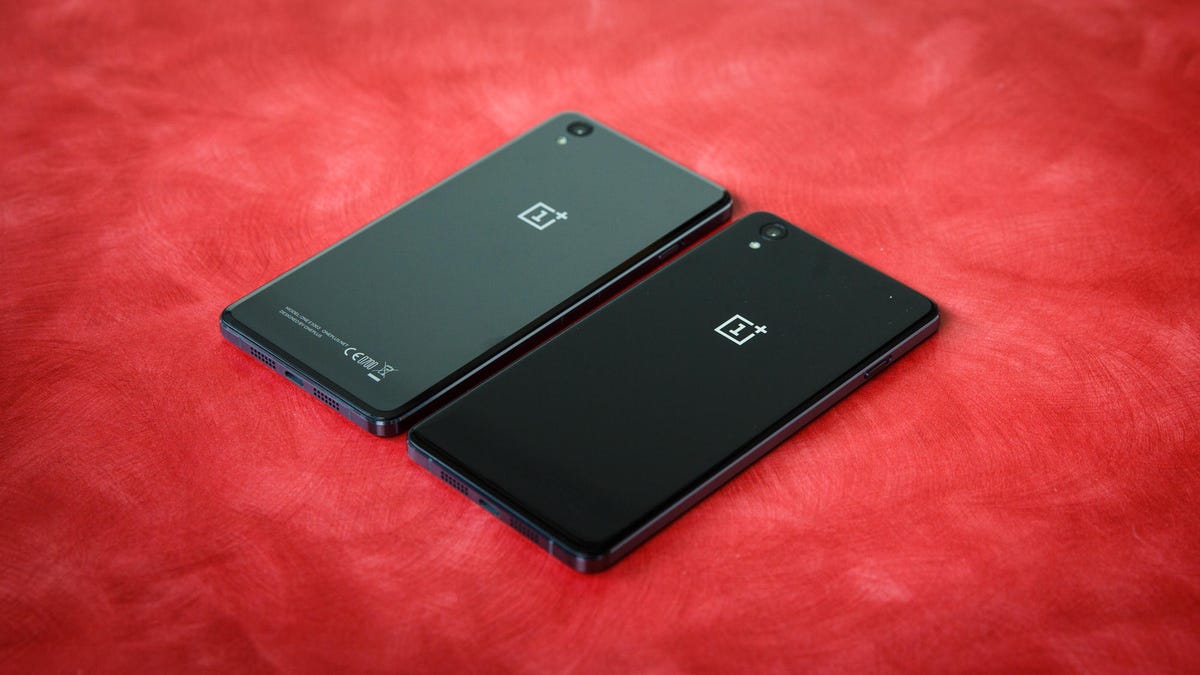Smartphone upstart OnePlus vies for Apple's cachet, and profits, too
It won't be easy to reproduce Apple's cultural influence and loyal fan base, but the Chinese phone maker is going to try, says co-founder Carl Pei.
DUBLIN -- OnePlus is a seemingly impossible company: a smartphone maker that's made a name for itself in one of the most competitive markets around.
OnePlus is no Samsung, LG, Sony, Motorola or Apple, in terms of either brand recognition or sales volume. But alongside fellow Chinese manufacturers like Xiaomi, Huawei, ZTE and TCL's Alcatel OneTouch, it's showing that there may still be room for new contenders.
But how to stand out? For co-founder Carl Pei, the answer involves building a community of loyal followers and, ultimately, the kind of recognition held today just by the world's most valuable brand, Apple.
"I don't think it's healthy that there's nobody who competes with Apple in cultural significance," Pei said Thursday in an interview here at the Web Summit tech conference. "It's easier said than done, but we're trying."
OnePlus isn't a household brand, but with 900 employees, a vocal group of fans and a headquarters in the Chinese manufacturing hub of Shenzhen, it's got potential. Although it's only 2 years old, the company is determined to build a business that involves not just selling phones, but actually making some of the profits that few beyond Apple can claim today. In Apple's most recent quarter, iPhone sales were responsible for much of its $11.1 billion profit.
Pei won't reveal shipment numbers, but OnePlus has built a following in social-media circles that converts to thousands of customers signing up to order its phones: the OnePlus 1 from 2014, the OnePlus 2 this year costing between $330 and $390 depending on memory, and most recently the $250 OnePlus X -- if you have an invitation.
He has yet to nail down the best marketing approach, but he's going to continue to try to attract followers who enjoy interacting with the company. For example, fans who frequent the company's online forums or subscribe to its newsletter are more likely to get one of the invitations that are required to buy a OnePlus phone.
"We want to make the customer feel like a part of this company," he said. "It starts with being honest." Pei admits that he doesn't know if that approach will scale beyond a small early market, but it's better than just spending so much money to promote phones that there's little room left for actual profits from the resulting sales.
"Anybody can pay a lot of money and get sales," Pei said. Of Apple's financial clout, he added, "it's not a healthy business when one company takes home 90 percent of the profits."
Updated at 7:54 a.m. PT to reflect OnePlus 2 phone prices for those with an invitation to buy one.


